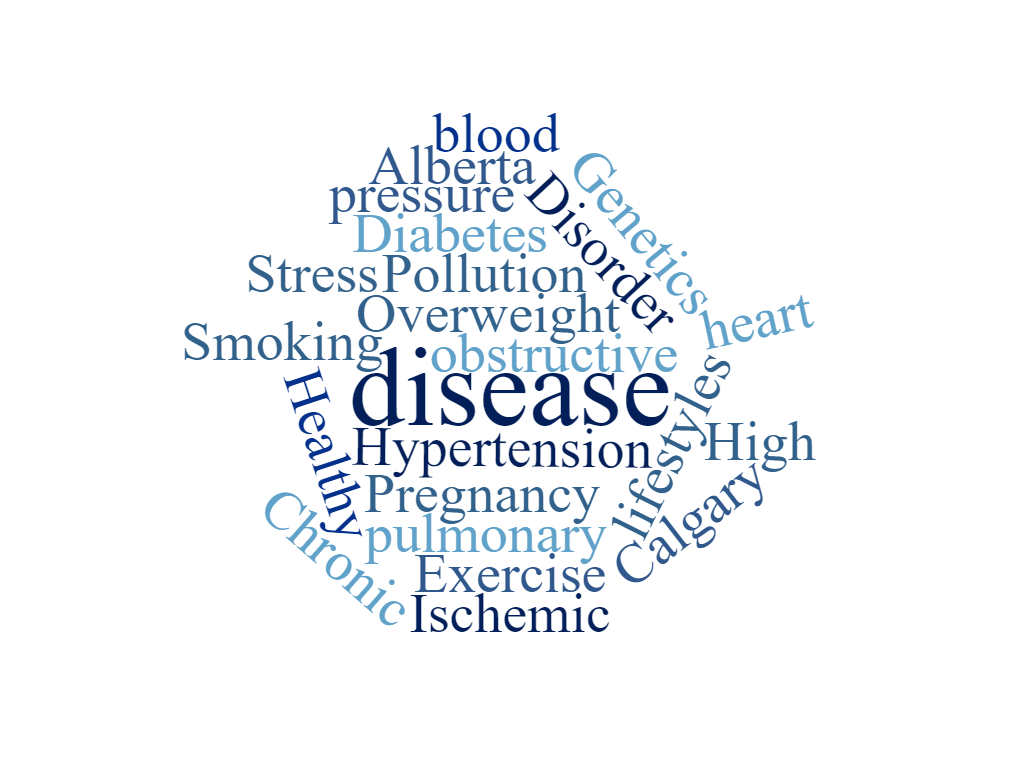Mouth ulcers are a common side effect of cancer therapy and can be quite painful. While many over-the-counter medications can be used to treat mouth ulcers, these medications often provide only limited relief. In some cases, a compounded medication may be a better option for treating mouth ulcers from cancer.
Compounded medications are medications that are specifically formulated to meet the needs of each individual patient. These medications can be used to treat various conditions, including mouth ulcers resulting from chemotherapy cancer treatment.
Compounded medications are often made from a combination of different antifungal, anti-inflammatory, and other medicinal and non-medicinal medications, which can help to provide more comprehensive relief from mouth ulcers.
If you are experiencing any of the symptoms of oral thrush or are concerned about the effects of cancer treatment on your mouth, talk to your doctor or pharmacist. Various compounded medications are available that can help alleviate your symptoms and make your treatment more comfortable.
In this article, we will discuss the most important questions and points about how to mitigate mouth ulcers resulting from cancer treatment.
- What compounded medications are available to mitigate the effects of cancer treatment on the mouth?
- How are compounded medications used to treat mouth ulcers from cancer?
- What are the benefits of using compounded antifungal medications to treat mouth ulcers resulting from cancer treatment?
- Are there any risks associated with the use of compounded medications discussed above?
What compounded medications are available to mitigate the effects of cancer treatment on the mouth?
There are a variety of antifungal medications that can be compounded specifically for patients undergoing cancer treatment. These medications can help mitigate the treatment’s effects on the mouth, including the development of oral thrush. Thrush is a common side effect of cancer treatment and can cause significant discomfort and difficulty eating and speaking.
Compounded medications can be formulated in a variety of delivery methods. They can also be flavoured to make them more palatable and can be tailored to meet the specific needs of patients with cancer.
How are compounded medications used to treat mouth ulcers from cancer?
There are a few different ways that mouth ulcers can develop as a side effect of cancer treatment. Chemotherapy and radiation therapy can both cause mouth ulcers by damaging the cells in the mouth. Additionally, some cancer treatments can cause a fungal infection in the mouth.
Compounded medications can be used to treat mouth ulcers that are caused by a fungal infection resulting from cancer treatment. Normally, your compounding pharmacy can prepare and compound an Akabutu’s Mouthwash which is a compounded mouthwash (based on a physician’s prescription) that contains several anti-inflammatory and analgesics active ingredients in addition to other base and diluent ingredients.
Akabutu’s Mouthwash’s benefit is reducing mouth inflammation, while the analgesic ingredient is used to reduce the ulcer pain resulting from the cancer treatment.

Additionally, an antifungal portion could be utilized to treat mouth ulcers. There are several different types of antifungal medications that can be used to treat mouth ulcers. Some of the most common include Nystatin, Clotrimazole, and Fluconazole. Your physician will prescribe the compounded mouthwash, and your pharmacist will work with you to fine-tune the best for your specific situation.
As discussed, these medications are available as mouth rinses. The mouth rinse is used to rinse the mouth and throat four times a day or as prescribed by the physician.
Chaparral Pharmacy – Remedy’sRx has already worked with several physicians in Calgary, Alberta, collaborated with the Professional Compounding Centers of America (PCCA) and developed a modified Akabutu’s Mouthwash by adding several other medicinal ingredients. The modified Akabutu’s Mouthwash was superior to the original one and proved extremely effective for our patients.
What are the benefits of using compounded antifungal medications to treat mouth ulcers resulting from cancer treatment?
There are a few benefits to using compounded medications to treat mouth ulcers resulting from cancer treatments. First, the medications can be customized to fit the patient’s specific needs. This means that the dosage and type of medication can be tailored to fit the individual’s specific situation. Second, compounded medications are often more affordable than traditional medications. This is because they can be made in smaller quantities, reducing production costs. Finally, compounded medications can be more easily absorbed by the body than traditional medications. This means that patients can get the relief they need with fewer side effects.
Are there any risks associated with the use of compounded medications discussed above?
There are a few risks associated with using compounded antifungal medications to treat mouth ulcers resulting from cancer treatment. One such risk is the potential for drug interactions. It is important to tell your healthcare provider (your physician or pharmacist) about all of the medications you are taking, including over-the-counter medications and supplements, to ensure no interactions between them.
Another risk is that antifungal medications may not effectively treat mouth ulcers. If the mouth ulcers do not improve after taking the compounded medication, you should contact your healthcare provider.
Thanks for reading this blog post. If you like it, please share it using the buttons below with your friends, family, and colleagues.



